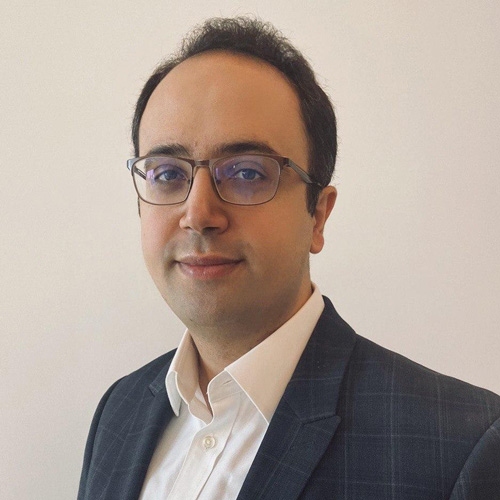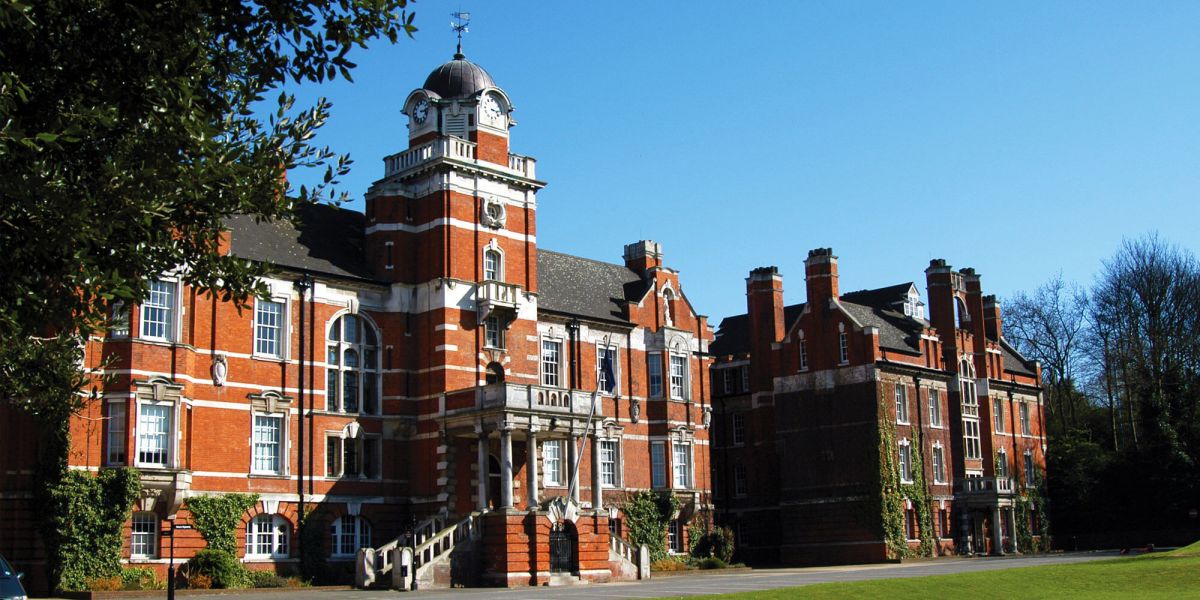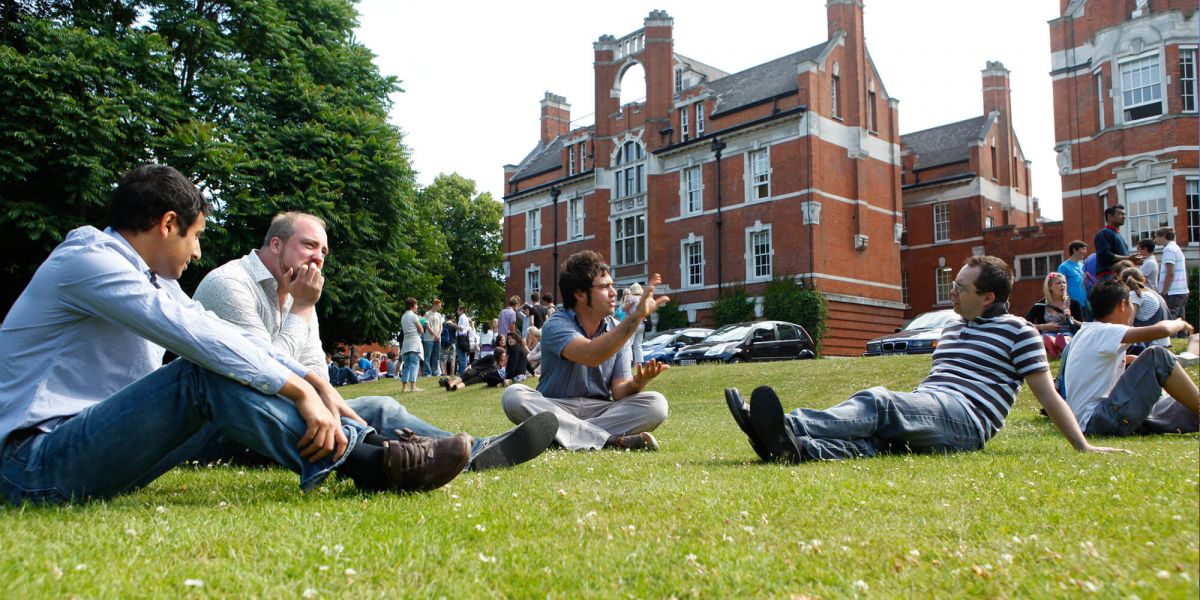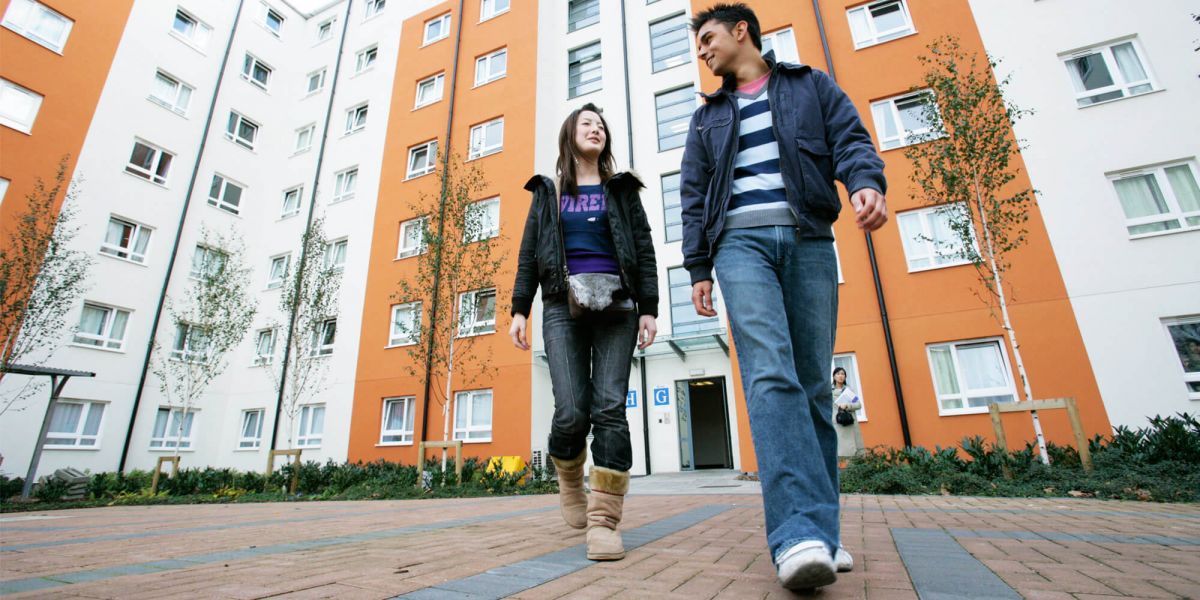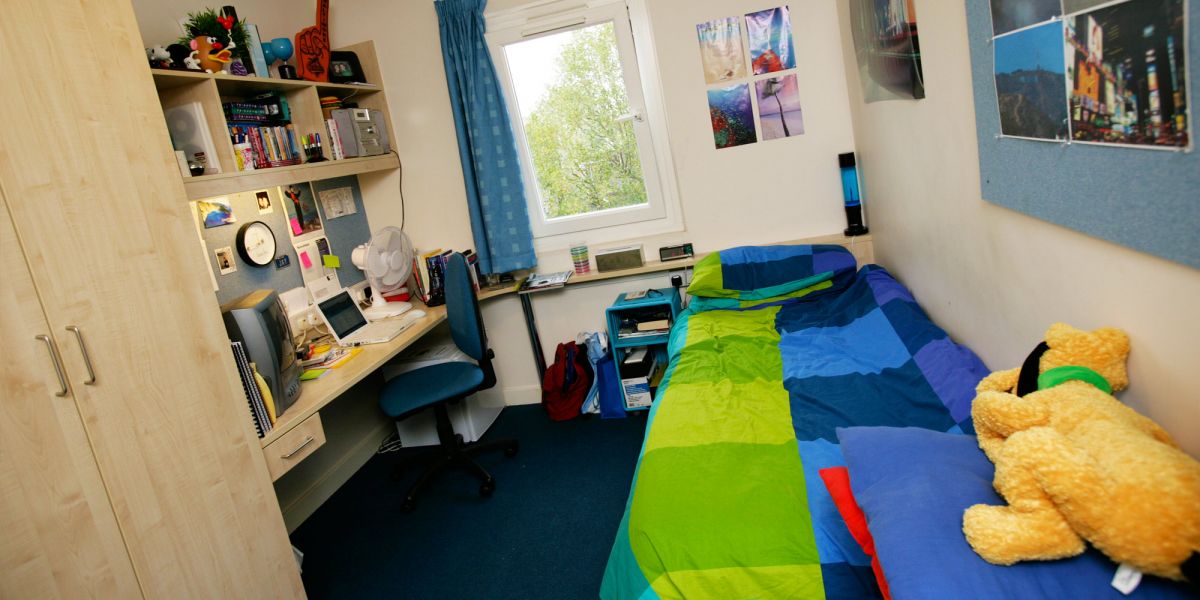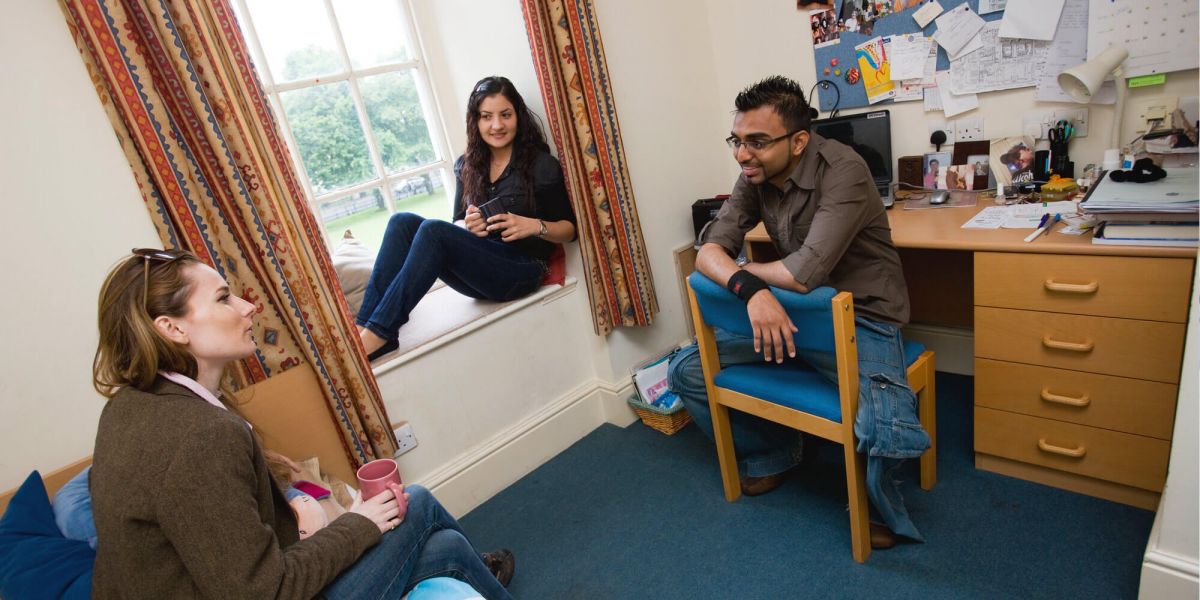Advanced Chemical Engineering, MSc
The MSc in Advanced Chemical Engineering helps students and engineering professionals advance their knowledge in chemical and process engineering and build the skills for future-thinking careers.
Chemical engineering is a rapidly evolving field that impacts areas including energy, food, water, and health. This Master's in Advanced Chemical Engineering focuses on the fundamentals of key chemical and industrial processes and how they are put into practice. You'll encounter the latest technologies available to the process industries and gain exposure to a broad range of crucial operations and optimisation methods.
This course considers different routes of specialisation including Particle Engineering and Processing, Pharmaceutical Engineering, Energy and Nanomaterials and Water Engineering. Our multidisciplinary approach also incorporates sustainable synergies between biotechnology, bioprocessing and food engineering. You'll join a cutting-edge research culture that prepares you for future global challenges and emerge from this course with a comprehensive skillset for lasting careers as a professional chemical engineer.
School
Location
Duration
- 1 years full-time
- 2 years part-time
Start month
September; January
Home/international fees 2024/25
£11,000 /£17,450
What you should know about this course
What you will study
About the course team
Core lectures are delivered by members of the School of Engineering who are specialists in their respective fields. Guest speakers from industrialists or renowned researchers are often included to bring additional perspectives from industry or research and keep you updated with the latest international standards in your discipline.
Come and meet us
We are offering virtual events so that you can still experience how Greenwich could be the right university for you.
Next Open Days
Got a question?
To find out more about our Open Days and Campus Tours or if you need any assistance, please email opendays@gre.ac.uk.
Entry requirements
Applicants should have:
An appropriate accredited degree in chemical engineering (2.2 or above) or an equivalent qualification.
- Applicants with a BSc Chemical Engineering (IEng) will also be considered.
- You may also be considered if you do not have a first degree but have professional incorporated and vocational experience (e.g. incorporated engineer status) and demonstrate the potential to succeed on the course.
For more information, contact courseinfo@greenwich.ac.uk or 020 8331 9000.
You can also read our admissions policy.
Available to overseas students?
Yes
Can I use Prior Learning?
Find out more on our Recognition of Prior Learning pages.
How you will learn
Teaching
We use different teaching approaches to give you a varied experience. This includes lectures, interactive paper-led discussions and exercises to encourage creative thinking.
Our taught modules are informed by research. The theory of each topic is accompanied by practical elements covering paper-based, computer-based and hands-on building type challenges.
See full details of our syllabus above.
Class sizes
For specialist modules, our classes are usually limited to 20 students in lab sessions and 40 in lectures. This helps to create familiarity between students and staff and ensure a great learning experience. The modules that run across several courses can have larger classes sizes, which are typically broken down into smaller groups.
Independent learning
Our courses are designed to give you the space for exploratory and independent study. You'll work towards individual and group assignments and undertake the preparation/follow-up work associated with lectures, seminars, integrative assignments and laboratory classes.
We encourage students to take advantage of a range of related extra-curricular opportunities available within the university and elsewhere.
Overall workload
If you are studying full-time, you should expect the workload to be similar to a full-time job. For part-time students, this will reduce in proportion with the number of courses you are studying.
Assessment
Students will be assessed through a variety of methods, such as:
- Classroom presentations, discussions and case-studies
- Critical reviews, looking at new areas of research
- Examinations.
Feedback summary
University policy is to give feedback on assignments within 15 working days of the coursework submission date.
Examination results will be available within 28 days.
Dates and timetables
Each academic year runs from September to June. You can begin the course in September or January.
Full teaching timetables are not usually available until term has started. For any queries, please call 020 8331 9000.
Fees and funding
Your time at university should be enjoyable, rewarding, and free of unnecessary stress. Planning your finances before you come to university can help to reduce financial concerns. We can offer advice on living costs and budgeting, as well as on awards, allowances and loans.
| Full time | Part time | Distance learning | |
|---|---|---|---|
| Home | £11,000 | £1,850 per 30 credits | N/A |
| International | £17,450 | £2,908 per 30 credits | N/A |
Accommodation costs
Whether you choose to live in halls of residence or rent privately, we can help you find what you're looking for. University accommodation is available from £126.35 per person per week (bills included), depending on your location and preferences. If you require more space or facilities, these options are available at a slightly higher cost.
Funding your study
There is a range of financial support options available to support your studies, including the Aspire@Greenwich award for study resources that many full-time students will receive.
EU students may be eligible for a bursary to support their study. View our EU bursary to find out more.
Discover more about grants, student loans, bursaries and scholarships. We also provide advice and support on budgeting, money management and financial hardship.
Careers and placements
What sort of careers do graduates pursue?
Space exists within the postgraduate marketplace in a broad range of Chemical Engineering sectors for competent, intellectually active and forward thinking graduates capable of understanding and supporting businesses to adapt and stay ahead of the curve. The programmes enable graduates to achieve both highly technical and managerial careers by equipping them with relevant skills to meet current and near-future business needs.
Do you provide employability services?
We have a team dedicated to enhancing student employment outcomes. Our Employer Partnerships Manager develops relationships with companies to provide employment opportunities.
Other members of the team help you to develop your knowledge of job markets, produce effective CVs, cover letters and application forms, and prepare for job applications and interviews.
Support and advice
Academic skills and study support
The course leader has the overall responsibility for your course and will be your first point of contact.
We also allocate you a personal tutor, who you meet soon after you join the department. Their role is to support your personal and academic development and act as your point of contact for queries or problems.
Support from the department
We help new students over the first few weeks with our faculty and department induction. This covers the first week of term 1 (September) and term 2 (January). We'll also help you discover the academic and social landscape at Medway Campus.
Mode of study
Select from the dropdown below.
| Course level | |
| UCAS code | |
| Duration | |
| Location |
